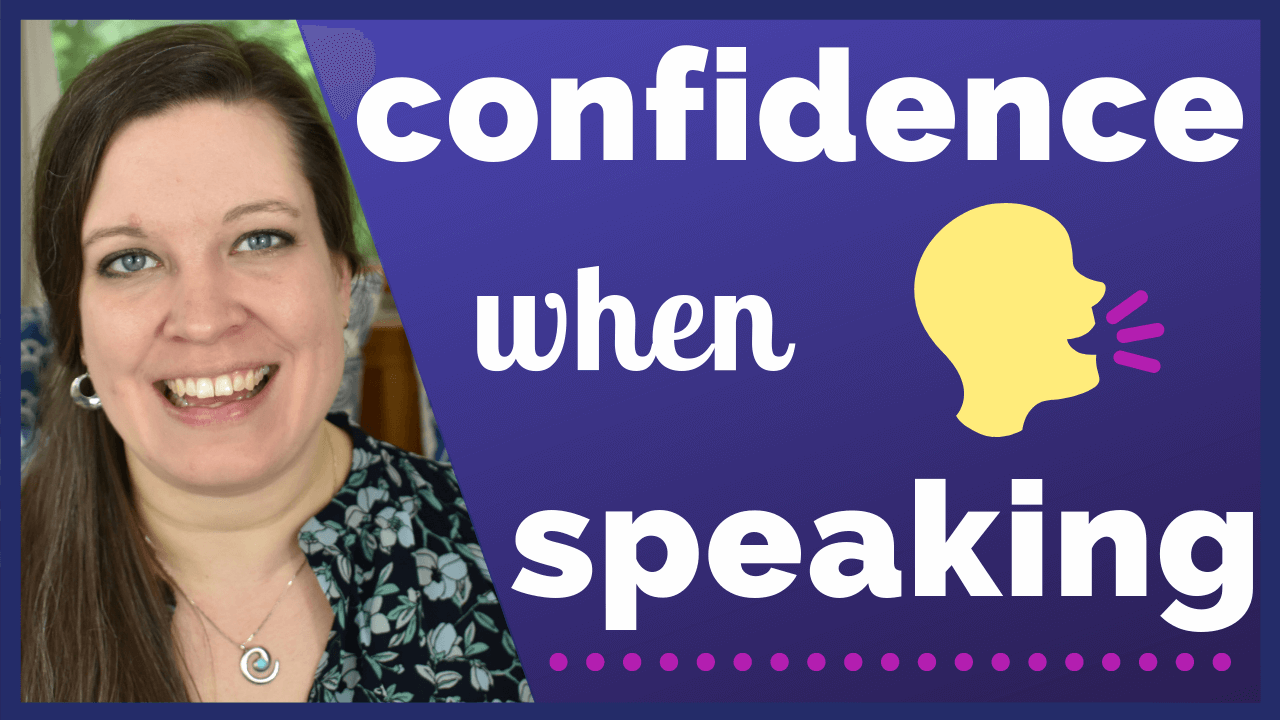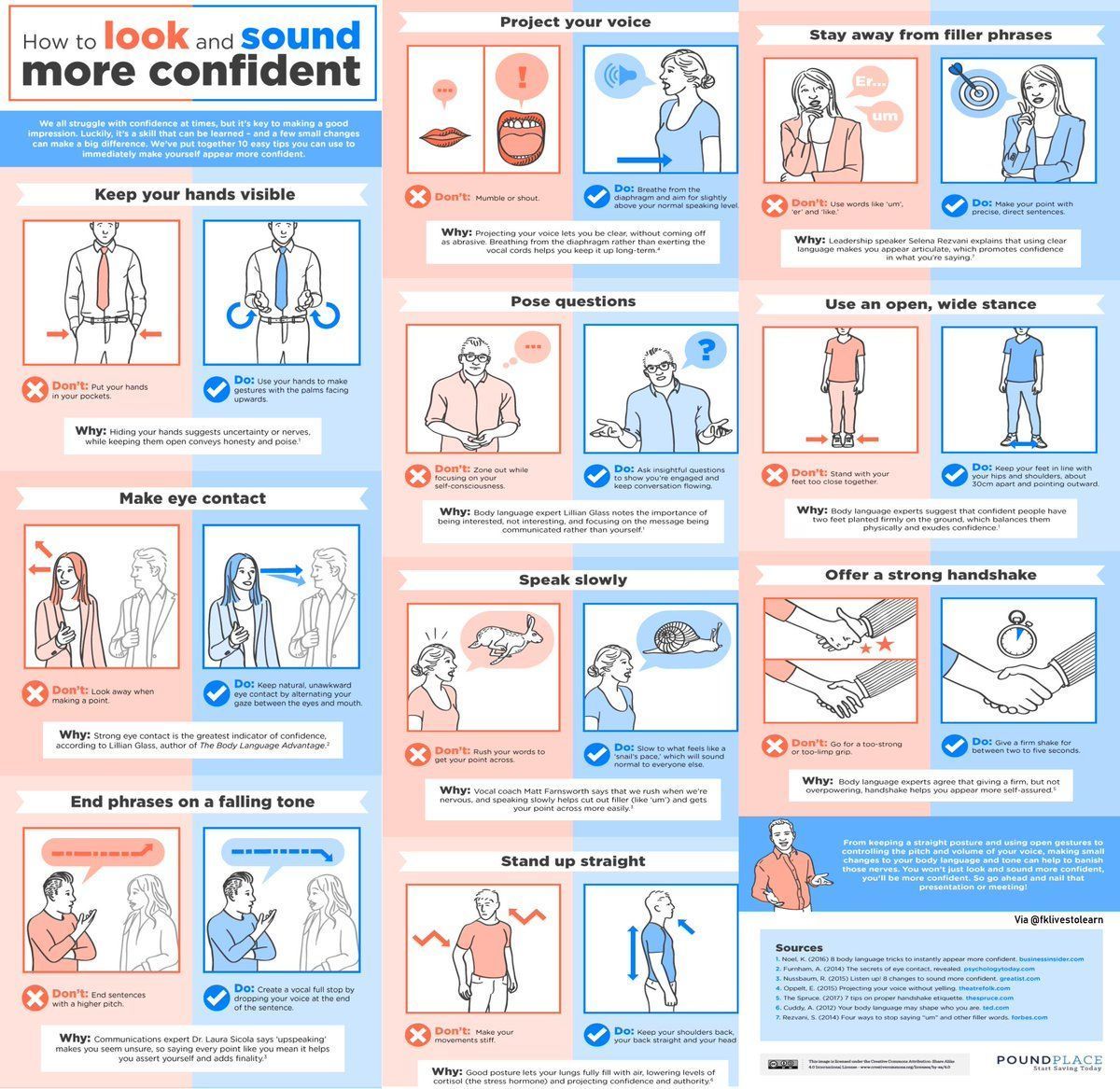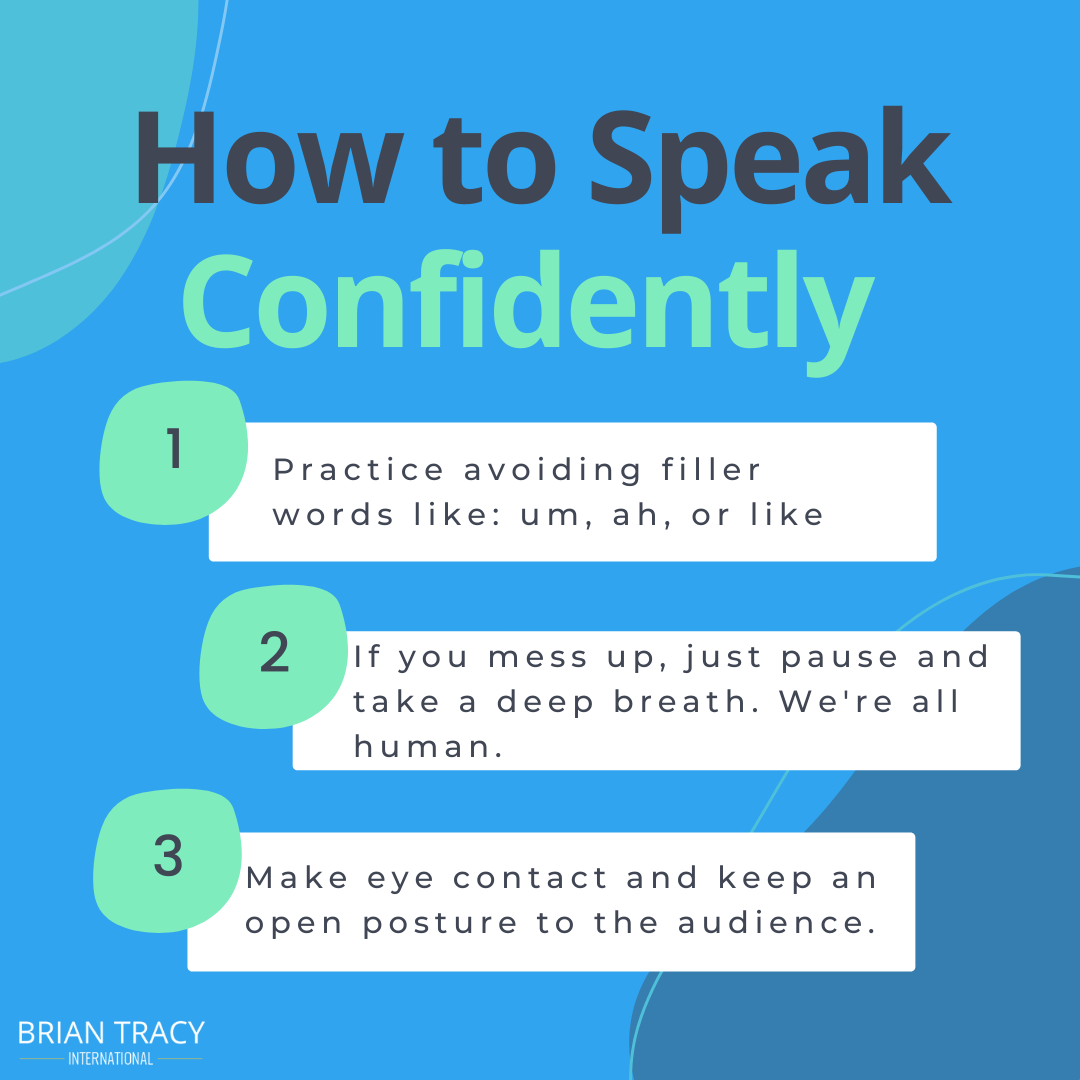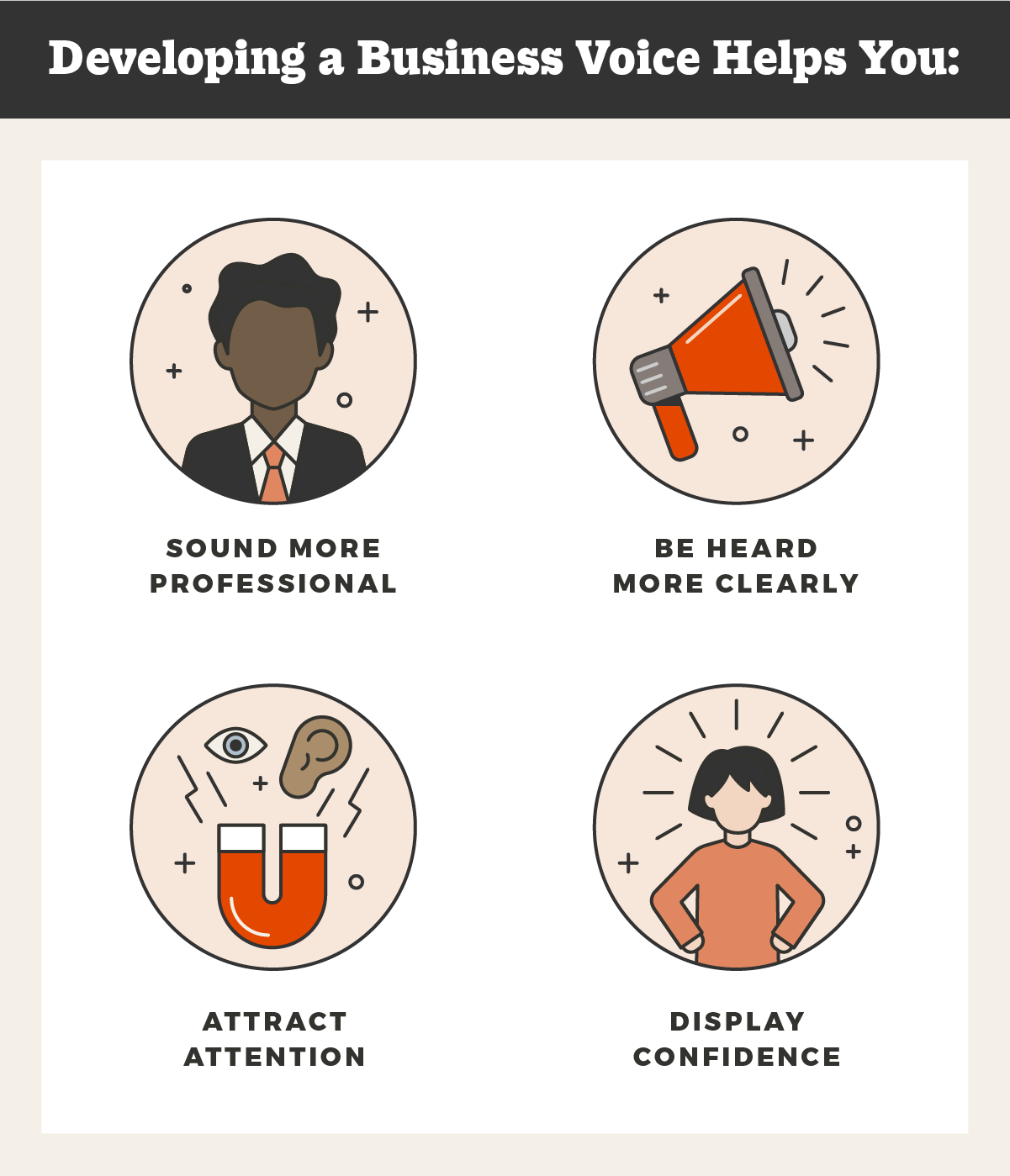How To Sound More Confident When Speaking

Imagine standing before a group, your heart pounding a rhythm against your ribs that rivals a drum solo. Your carefully prepared words seem to catch in your throat, and the confident persona you envisioned crumbles under the weight of self-doubt. You’re not alone; the fear of public speaking, and the struggle to project confidence, is a common human experience.
This article serves as your guide to unlocking a more confident speaking voice. We will explore actionable strategies and mindset shifts to help you project assurance and connect authentically with your audience, whether it's in a boardroom, a classroom, or even a casual conversation.
Understanding the Foundation of Confident Communication
Confidence isn't about pretending; it's about preparation and self-awareness. Understanding the roots of your nervousness is the first step. Many people experience anxiety stemming from fear of judgment or a lack of belief in their own expertise, according to research presented in a 2021 report by the National Communication Association.
The report emphasized that acknowledging these fears allows you to address them proactively.
Preparation is Key
Thorough preparation can significantly bolster your confidence. Rehearsing your speech or presentation multiple times helps you internalize the material, reducing the likelihood of stumbling over words or losing your train of thought.
Practice in front of a mirror, record yourself, or seek feedback from a trusted friend or colleague. This allows you to identify areas for improvement and fine-tune your delivery.
Mastering Nonverbal Communication
Your body language speaks volumes, often even louder than your words. Maintaining eye contact, standing tall with good posture, and using natural gestures can convey confidence even when you're feeling nervous.
According to Dr. Lillian Glass, a communication expert and author of "The Body Language Advantage," avoiding fidgeting and keeping your hands visible can project trustworthiness and authority.
The Power of Vocal Delivery
Your voice is a powerful tool. Varying your tone, pace, and volume can keep your audience engaged and interested. Speak clearly and enunciate your words to ensure that your message is easily understood.
Practicing vocal exercises, such as tongue twisters, can improve your articulation and projection. Remember to pause strategically for emphasis and to allow your audience to absorb your message.
Mindset Matters
Shifting your mindset from one of fear to one of empowerment is crucial. Instead of focusing on what could go wrong, concentrate on the value you're bringing to the audience.
Remind yourself of your expertise and the positive impact your words can have. Visualizing success can also be a powerful tool for boosting your confidence.
Embrace Imperfection
Everyone makes mistakes, and it's okay to stumble over a word or lose your place occasionally. Don't let a minor slip-up derail your entire presentation. Acknowledge it, correct yourself, and move on.
Often, audiences are more forgiving than you might think. Authenticity and genuine enthusiasm can often outweigh perfect delivery.
Connect with Your Audience
Remember that communication is a two-way street. Engage with your audience by asking questions, encouraging interaction, and showing genuine interest in their perspectives. This creates a connection that can ease your nerves and make you feel more comfortable.
Smiling and making eye contact are simple yet effective ways to build rapport and create a positive atmosphere.
Building Confidence Over Time
Developing confident speaking skills is a journey, not a destination. Be patient with yourself and celebrate your progress along the way. Seek out opportunities to practice your skills, even if it's just speaking up in meetings or volunteering to give presentations.
The more you practice, the more comfortable and confident you will become. Embrace the challenge, and remember that every opportunity to speak is a chance to grow and improve.
Ultimately, confident communication is about believing in yourself and your message. By preparing thoroughly, mastering nonverbal cues, and cultivating a positive mindset, you can unlock your potential to speak with assurance and impact.


















